Buying an electric vehicle in Gujarat? Here is all you need to know before that
- Gujarat EV Policy has been framed keeping focus on both demand and supply side.


The Indian electric vehicle market is bulging fast. The arrival of new electric vehicles, primarily driven by the two-wheeler and three-wheeler players, is increasing the size of the Indian EV market. On the other hand, various incentives and subsidy-driven EV policies announced by various state governments have been playing a crucial role in the growth of the market.
Also Read : Buying EV in Mumbai? Here's all you need to know before driving on battery power
Several state governments have already announced their respective EV policies in India. Gujarat government is one of them that introduced its EV policy in June 2021. The state wants to play a significant role in the growth and expansion of electric vehicles in India.
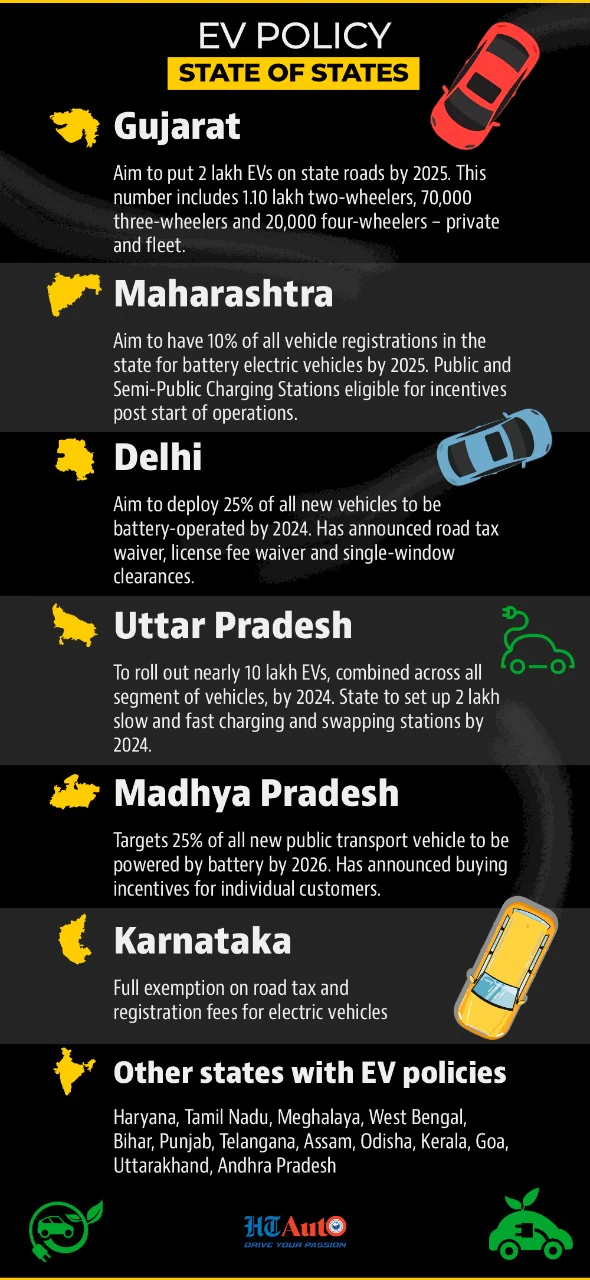

Also check these Cars
The Challenges
Gujarat EV Policy has been framed, encountering a few challenges. These include a sluggish growth of electric vehicles in the state. The reasons behind that include the high upfront cost for buying electric vehicles, lack of EV charging infrastructure, and lower number of electric vehicles as compared to their internal combustion engine-powered counterparts.
The Gujarat EV Policy aims to offer a holistic solution to the bottlenecks ahead of EV growth. On one side, it aims to offer incentives and subsidies to the customers to promote the demand. On the other hand, it aims to build a robust EV charging infrastructure by offering incentives to the infra developers. Also, the Gujarat EV Policy aims to incentivise the manufacturers to help the influx of electric vehicles in the market.
The Objective
The operating period of the Gujarat EV Policy is for five years, between 1st July 2021 and 30th June 2025. The key objective of the Gujarat EV policy is to transition the state’s transportation sector towards electric mobility. Also, it aims to make Gujarat a manufacturing hub for electric vehicles and ancillary equipment. Through the EV policy, the state government aims to encourage start‐ups and investment in the field of electric mobility and associated support sectors such as data analytics and information technology. Finally, it aims to improve the quality of the environment by reducing air pollution in the state.
The Gujarat EV Policy earmarked a subsidy of up to ₹20,000 for two-wheelers, ₹50,000 for three-wheelers and up to ₹1.5 lakh for four-wheelers. Over the operating period of four years, the Gujarat EV Policy envisages supporting 20,000 electric four-wheelers, 70,000 electric three-wheelers and 110,000 electric two-wheelers. The policy aims to support a total of 200,000 electric vehicles in the state.
The Support
Not only electric vehicles, but the Gujarat EV Policy also envisages building a robust EV charging infrastructure. Aiming at that, the policy stated a 25 per cent capital subsidy of up to ₹10 lakh on equipment and machinery for the commercial public EV charging stations for two-wheelers, three-wheelers, and four-wheelers. This has been earmarked for the first 250 commercial public EV charging stations.
Also, the Gujarat government announced a 100 per cent exemption of electricity duty of EV charging stations during the period of the policy. It also stated that the State Distribution Licensees (DisComs) would allow charging of EVs from the existing connection of a consumer at the existing tariff, except for the agriculture connection.







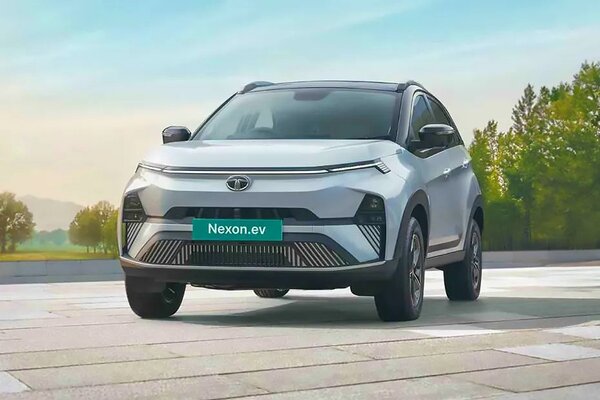
 40.5 kWh
40.5 kWh 465 km
465 km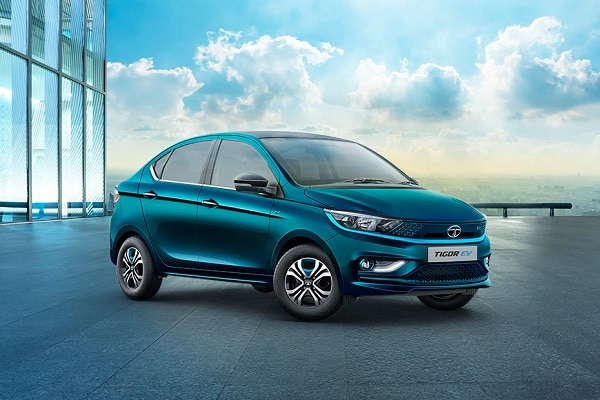
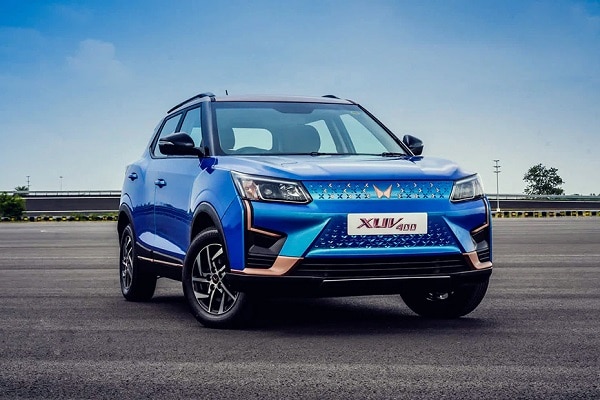
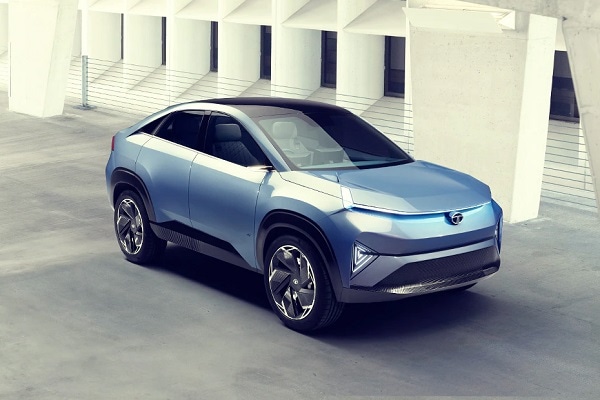


 1497 cc
1497 cc Multiple
Multiple














